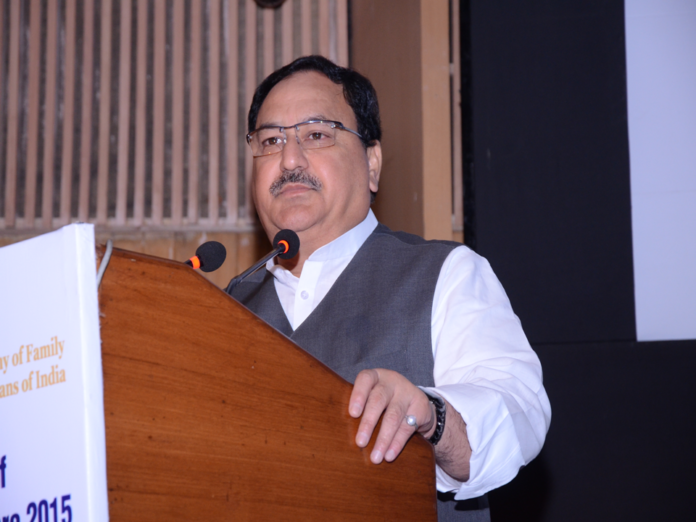
The new Mental Healthcare Act came into force in April last year
More than 18 months after the Mental Health Care Act, 2017 came into force, the Union health minister has written to states asking them to to set up State Mental Health Authority and District Mental Health Review Boards. These are statutory requirements under the law that was notified in April last year.
The two bodies are crucial for the effective implementation of the provisions of the Act. “As per the provisions of the Act, the state governments are required to take certain actions like establishment of State Mental Health Authorities, creation of State Mental Health Authorities Funds and setting up of Mental Health Review Boards,” said a letter written to chief secretaries and principal secretaries (health).
It goes on to add: “The state government shall also take necessary steps to integrate mental health services into general health care services at all levels of health care, including primary, secondary and tertiary health care, and in all health programmes run by the government. These actions are essential to be completed in a time-bound manner and given adequate publicity so as to ensure timely implementation of the provisions of the Act.”
Against the requirement of 13,500 psychiatrists, there are around 4,000 psychiatrists as on January 2015.
The new mental healthcare law makes it an actionable right for people with mental illness to be treated though it is also their right to refuse treatment either through an advance directive or after the disease has struck provided they are deemed fit to take a decision.
The Act lays down that “Every person shall have a right to access mental health care and treatment from mental health services run or funded by the appropriate government. The right to access mental health care and treatment shall mean mental health services of affordable cost, of good quality, available in sufficient quantity, accessible geographically, without discrimination on the basis of gender, sex, sexual orientation, religion, culture, caste, social or political beliefs, class, disability or any other basis and provided in a manner that is acceptable to a person with mental illness and their families and care-givers.”
It also decriminalises attempts to commit suicide. The Act also prohibits use of electro-convulsive therapy, referred to as “shock therapy”, without the use of muscle relaxants and anaesthesia on a patient suffering from mental illness.
The ministry in collaboration with NIMHANS Bengaluru, Central Institute of Psychiatry, Ranchi and Lokopriya Gopinath Bordoloi Regional Institute of Mental Health, Tezpur is conducting online courses for medical officers, psychologists, social workers and nurses to make them equipped with skills to handle persons with mental illnesses.
The move is aimed at addressing shortage of psychiatrists, psychologists, social workers, clinical psychologists and mental health nurses. Against the requirement of 13,500 psychiatrists, there are around 4,000 psychiatrists as on January 2015.













